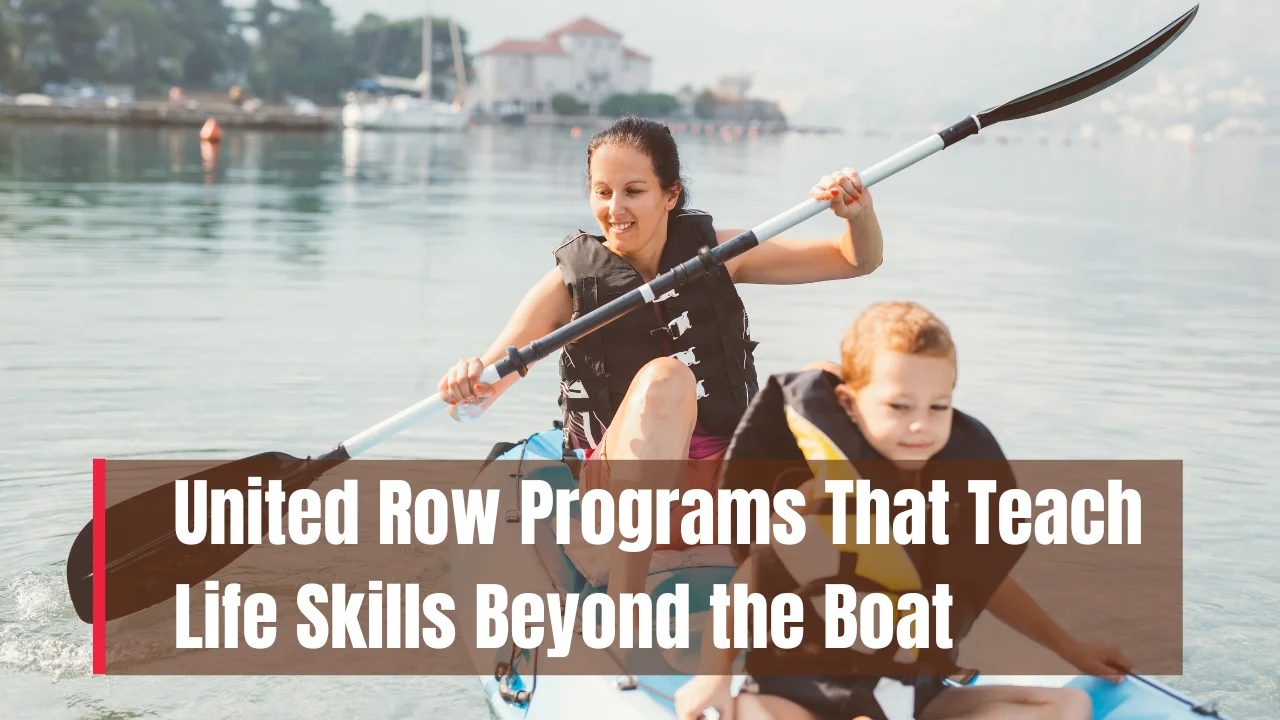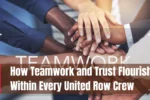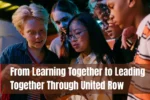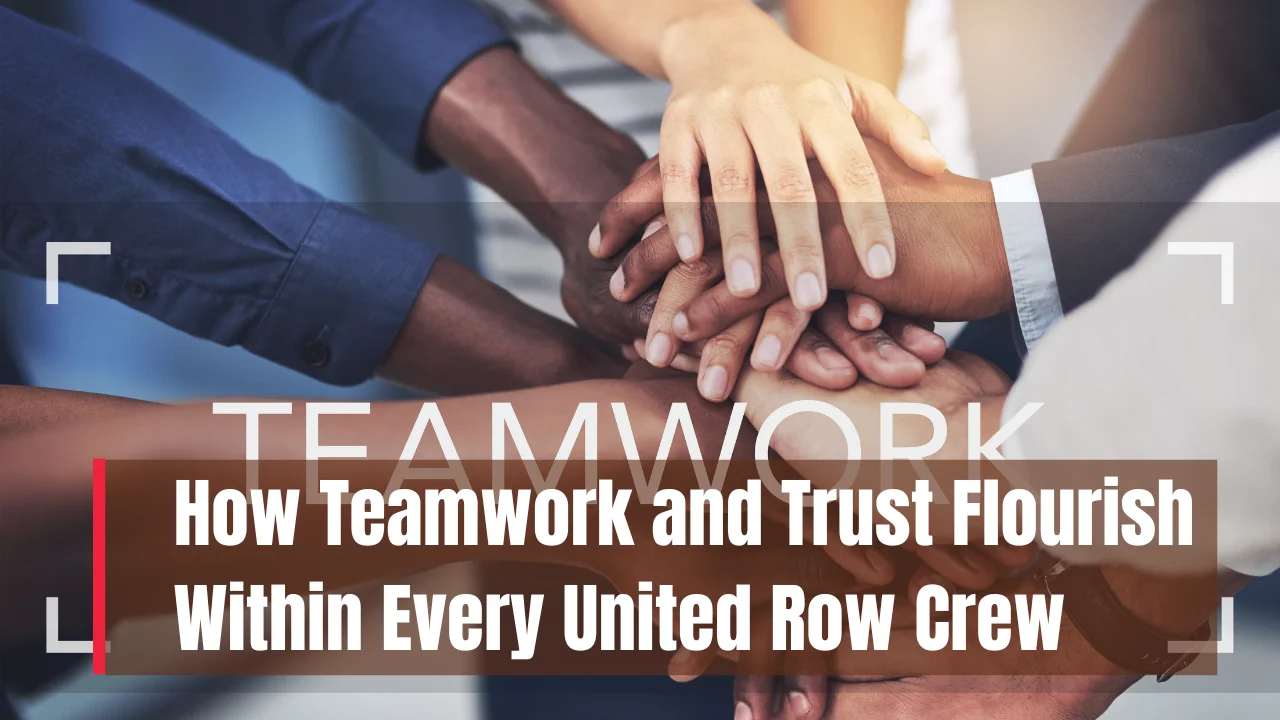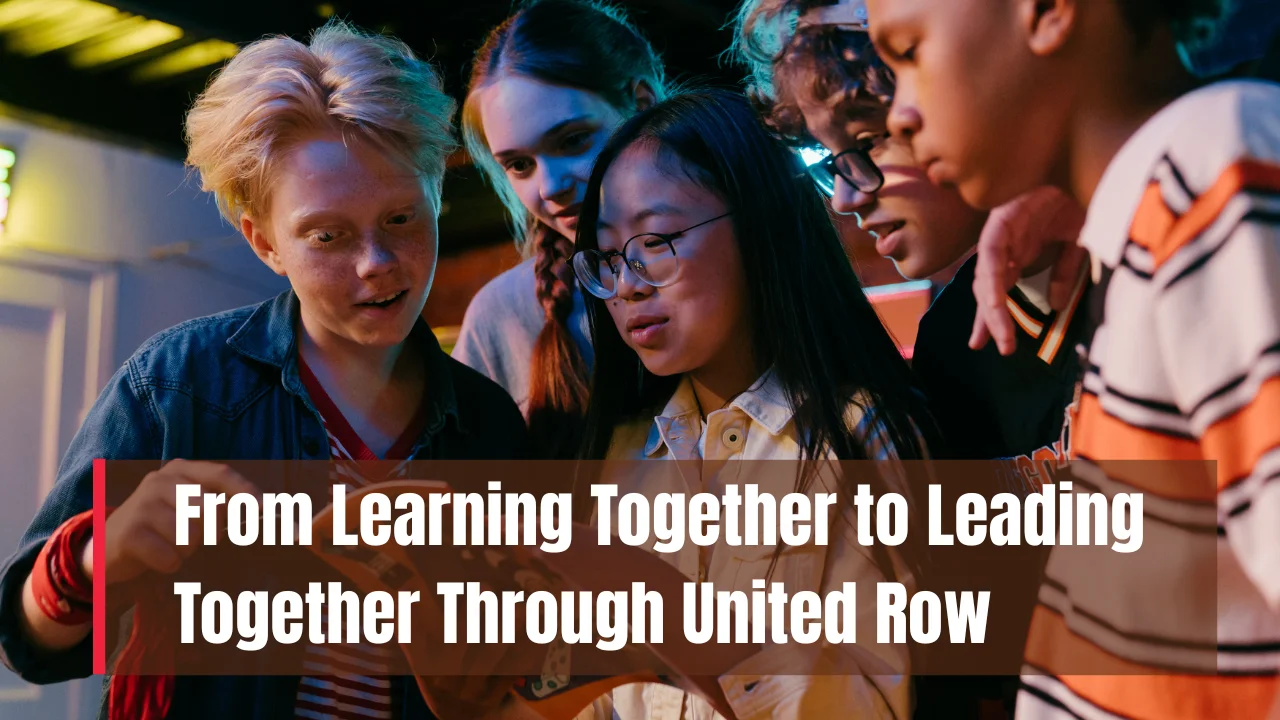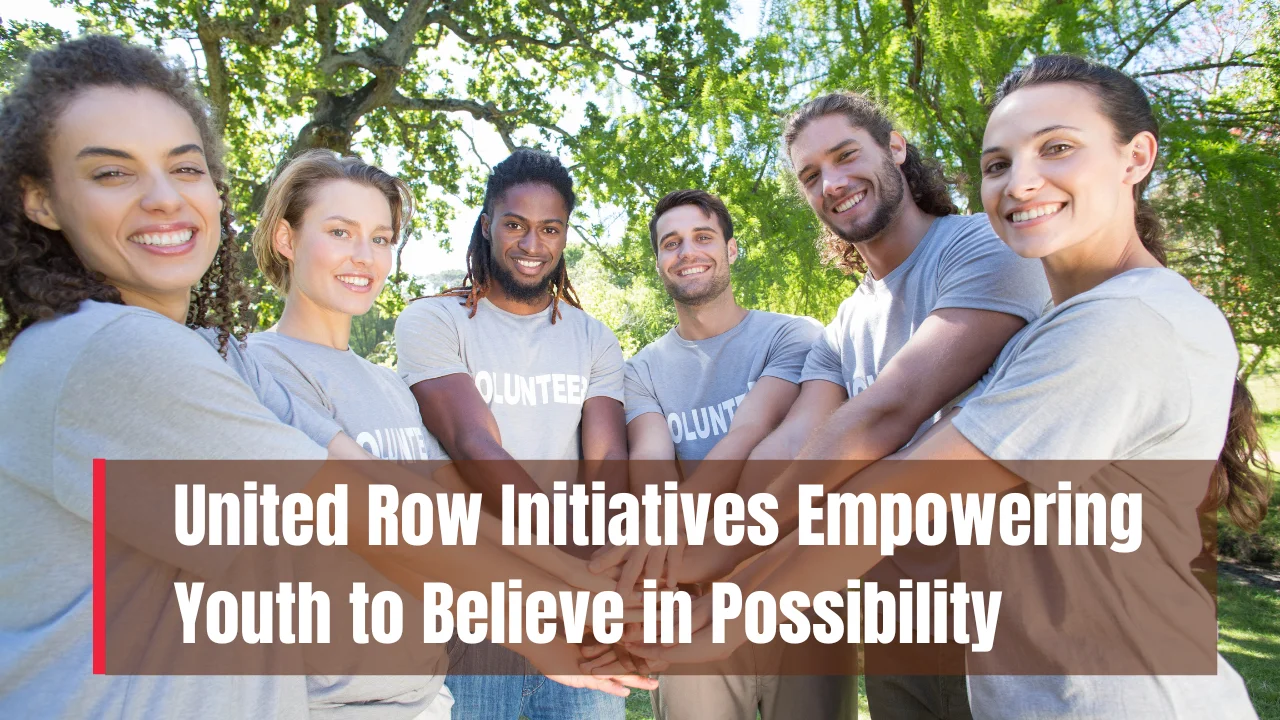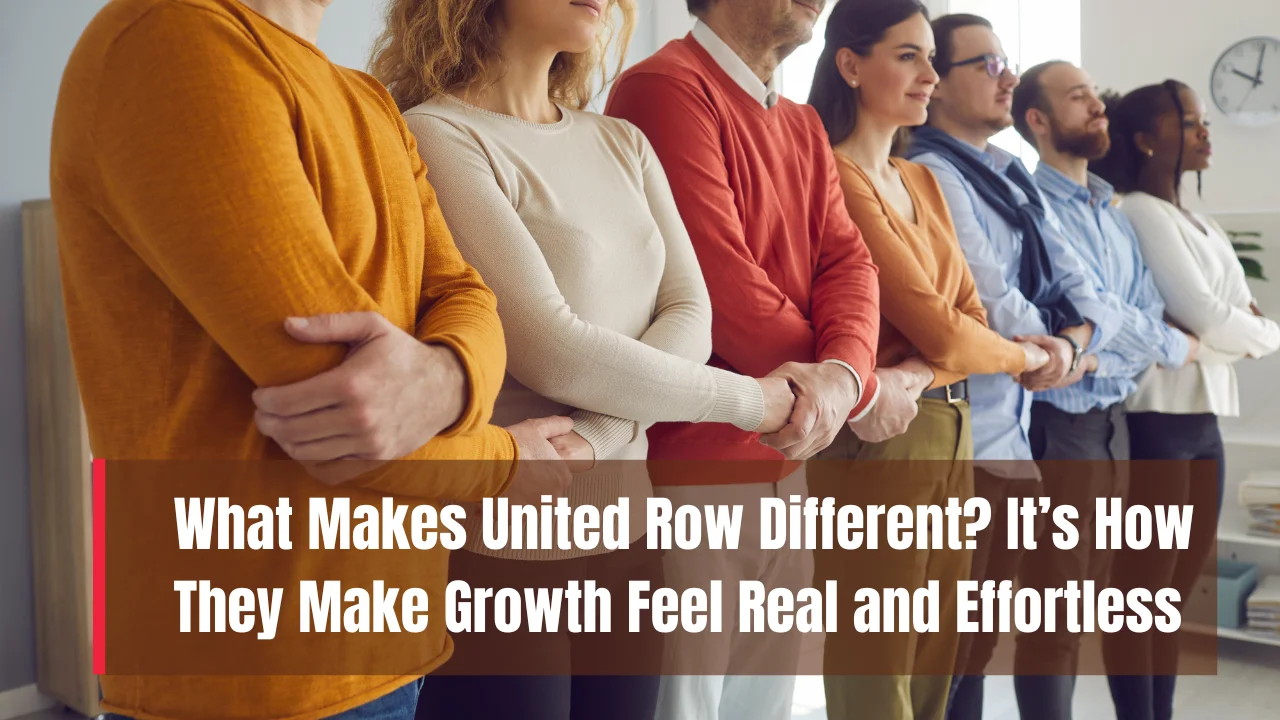United Row Programs: United Row Programs are revolutionizing the way youth development is approached. More than just rowing instruction, these initiatives are building character, strengthening communities, and empowering young people with the tools they need to thrive in everyday life. Rowing is simply the medium; the mission is much broader. Through teamwork, mentorship, and discipline, these programs are opening doors far beyond the dock.
This article takes a deep dive into how United Row Programs are structured to go past physical training. They are designed to cultivate leadership, improve academic outcomes, boost self-esteem, and prepare participants for real-world challenges. You’ll learn what makes these programs uniquely impactful, how they integrate essential life lessons, and why they’re worth your attention whether you’re a parent, educator, or youth advocate.
United Row Programs: Unlocking Personal Growth Through the Power of Rowing
At their core, United Row Programs aim to develop more than just strong rowers — they aim to develop strong individuals. These programs combine athletic discipline with critical life training, offering young participants opportunities to grow socially, emotionally, and intellectually. With a focus on inclusion, teamwork, and mentorship, they bring together youth from diverse backgrounds and help them discover their strengths both on and off the water. Rowing becomes a path to self-discovery, resilience, and long-term success.
Overview of United Row Programs and Their Impact
| Aspect | Details |
| Program Type | Community-based rowing and youth development |
| Target Group | Middle school to high school students |
| Core Focus | Life skills development beyond athletic performance |
| Key Benefits | Leadership, responsibility, teamwork, confidence |
| Additional Support | Academic tutoring, mentoring, career guidance |
| Accessibility | Free or low-cost with community funding |
| Inclusivity | Open to diverse backgrounds and experience levels |
| Long-Term Goal | Building confident, disciplined, and future-ready individuals |
How United Row Programs Are Structured
United Row Programs follow a unique structure that blends athletic training with holistic development. Typically run through community partnerships, schools, or nonprofit organizations, these programs are accessible to youth who may not otherwise have exposure to rowing or structured mentorship.
Daily or weekly schedules usually involve a balance of rowing practice, workshops, and mentoring sessions. Coaches play multiple roles — not just teaching rowing techniques, but helping participants build character and resilience. Some programs also include group discussions on topics like emotional well-being, time management, and communication, making the structure multi-dimensional.
Youth in these programs are expected to take active roles in team activities. This could mean helping manage equipment, assisting newcomers, or participating in outreach events. These responsibilities reinforce a sense of ownership and contribution.
Teaching Leadership and Responsibility
Leadership in United Row Programs doesn’t only come from coaches — it grows from within the team. Each participant has a role, and learning to fulfill that role with integrity is a key objective. In a boat, everyone depends on each other. A missed stroke or lapse in focus can affect the entire crew. This teaches responsibility in a way that’s immediate and impactful.
Students are often encouraged to step into leadership positions, such as team captain, peer mentor, or event organizer. These experiences allow them to develop confidence, decision-making skills, and the ability to guide others. These aren’t just traits valuable in rowing; they’re essential in life.
Building Confidence and Resilience
Rowing demands mental and physical endurance. From waking up early to pushing through pain in training, participants learn how to persist even when things get tough. These lessons in grit and resilience are central to United Row Programs.
Many students join with limited experience or confidence, but through consistent effort, they start to recognize their growth. The act of mastering a difficult skill in a team environment encourages belief in one’s ability to handle real-world challenges. It’s this transformation — from self-doubt to self-assurance — that defines the success of these programs.
Academic and Career Support
A standout feature of United Row Programs is the integration of academic and career development support. These programs recognize that long-term success isn’t only built on athletic discipline. They offer tutoring sessions, college application guidance, and even career exploration workshops to ensure participants are prepared for life after school.
By providing these resources, they help students from underrepresented communities access educational and professional opportunities that may have otherwise been out of reach. Some programs invite guest speakers, including alumni and professionals, to share stories and advice, sparking inspiration and ambition in young minds.
How Rowing Teaches Teamwork and Communication
Rowing is often referred to as the ultimate team sport. Every oar must move in sync for the boat to glide smoothly. In United Row Programs, youth quickly learn that communication, timing, and mutual respect are essential for success.
This cooperative environment fosters the ability to listen actively, speak clearly, and resolve conflicts in a constructive way. As these skills are reinforced on the water, they naturally begin to show up in classrooms, friendships, and family dynamics. Students learn how to contribute meaningfully to group efforts and value the strengths of others.
Two Key Benefits of United Row Programs
- Mentorship Opportunities: One of the most impactful features of United Row Programs is the presence of dedicated mentors. These individuals not only support participants during training but also guide them through personal and academic challenges. Mentorship relationships often last beyond the program and can be pivotal in shaping a young person’s direction.
- Community Engagement: These programs don’t exist in isolation. Participants often take part in local volunteer events, environmental projects, or neighborhood outreach. Through these activities, they build a sense of purpose and learn the importance of giving back. It reinforces the idea that leadership also means being of service to others.
Emotional and Mental Well-being
The emotional benefits of rowing are profound. Being out on the water has a calming, therapeutic effect, helping youth deal with stress and anxiety. United Row Programs create a space where emotional expression is encouraged and supported.
Group discussions, one-on-one talks with coaches, and peer support create a strong emotional foundation. Participants develop emotional intelligence — learning how to recognize their own feelings, manage stress, and build positive relationships. These skills are often overlooked in traditional sports but are central in these programs.
Preparing for Life Beyond School
What makes United Row Programs truly special is their long-term vision. It’s not just about preparing for races; it’s about preparing for life. Through structured challenges and consistent support, participants gain tools that help them transition confidently into adulthood.
Graduates of these programs often go on to succeed in college, careers, and community leadership roles. They leave with more than rowing experience — they carry values like discipline, empathy, perseverance, and teamwork. The program helps mold future-ready individuals with a strong sense of self and purpose.
Final Thought
United Row Programs are shaping the future of youth development, one stroke at a time. They’re proving that sport can be much more than competition — it can be a powerful tool for building resilient, compassionate, and capable young adults. These programs serve as a reminder that when youth are given structure, support, and the right challenges, they can rise beyond expectations.
If you’re a parent looking to guide your child, an educator seeking holistic development models, or a community leader hoping to spark change — these programs are worth exploring. Share this article, get involved, or discover a local initiative near you. Let’s help more young people unlock their full potential.
FAQs
They aim to teach essential life skills through rowing while also providing academic and emotional support to youth.
Yes, most programs are beginner-friendly and offer step-by-step instruction for new participants.
No, they focus on personal development, so athletic background is not required.
Most programs serve students aged 12 to 18, though some may include older or younger participants.
Many are free or have sliding-scale fees, often supported by community donations or grants.
